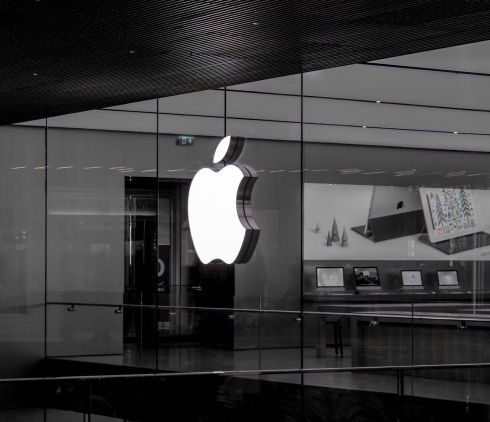

Do you feel that your brand no longer represents the present and future of your business? Welcome!
We are the best decision for your business to represent the essence and the differential through its brand achieving results in positioning and perceived value (earn more money).
SCROLL
Marketing and branding services
Brand concept and brand development services for corporate and individual clients
Providing customized communication programs to obtain consumer insights and develop branding strategies
1.03.2024
BRANDING
1.03.2024
BRANDING
1.03.2024
BRANDING
1.03.2024
BRANDING
1.03.2024
BRANDING
You know that something is Syngular when you ask yourself.
Have you seen anything like that before?
They trusted their brands in our method.


Also businesses that are evolving such as


Would you like our branding experts to build a diagnosis for your brand?
Are the brand and the logo the same? OF COURSE NOT! The logo is just one of the elements that make up a brand…
Your brand is much more than a logo, it goes from how you answer the phone, how to answer a WhatsApp, how they receive your customer at the point of sale or how they serve him virtually, or how you sign an email, as you can see we have not focused our explanation on fonts, brands or colors. The brand is a more abstract perspective of how your customers experience the company.
But how to define them better?… A brand is any interaction and practice of personal or corporate marketing of a certain name that represents the image perceived emotionally as a whole for an audience. It is a whole system that differentiates the project, company, entrepreneurship, product or service from another or others… A logo is only a graphic element that has a written name and can constitute an element of brand identity. But when it comes to creating a real impact, a brand is the communication strategy that allows you to communicate passion, experience and differentiation. Do you want to embark on your path to a new brand with us?

These are the most common cases to carry out a rebranding strategy.
It applies from the smallest product or service to the largest, everyone may need a rebranding strategy. Just make sure you do it correctly.
1. When things are not going well: when your brand is going through difficult times and the results are increasingly complex to achieve, the rebranding strategy comes into action to prevent your brand from disappearing completely
2. When the goal has changed: What started to be in a way now needs to generate new emotions and perceptions. A rebranding strategy will be ideal to achieve it. In this case it will be important to do the relevant studies to achieve the repositioning of your business, you must have perfectly clear aspects such as the target audience, products, promise of value, prices and opportunities for improvement.
3. When you are not connecting with your audience: Everything changes and today the audiences and levels of attention are very dynamic. It is likely that your brand will need to be updated to recover and fall in love again. Be careful not to fall into trends or forced messages since you can lose the naturalness and spontaneity of your brand.
4. When you want to conquer new territories: Excellent! It’s time to cross borders, now you have to get dressed for the occasion. Success and new opportunities demand new feelings and impressions. The rebranding strategy must be considered partially or totally, everything will depend on the intention of your product or service.
5. When you look like someone: As long as the legal instances do not allow you to continue using your brand, the rebranding strategy will be mandatory. Take advantage of this moment to show your audience that you are growing, make a brand relaunch, include new products, promotions and/or philosophy that make this new moment of your brand live positively.

This is the million-dollar question! The personal brand and the corporate brand coexist separately from a very thin line in which they feed back both directly and indirectly.
It is very curious to see that the personal and corporate brands are increasingly closely related, since both are developed by people and often the differences in content strategies are very similar.
The choice of one option or another is linked to the type of identity. That is, it makes no sense to use corporate brand strategies for a freelancer and vice versa, the personal brand will be inappropriate to launch the benefits of a company.
Each alternative has certain characteristics that can help you decide what may be best for your case.
Personal branding is very effective for specific identities, it is the imprint that each person can leave on an audience. It’s not just about style, experience and knowledge, but also about how we transmit them, how we express our values and what we make the rest feel.
In recent years, independent professionals tend to work on their personal brand so that, sometimes, this personal brand grows to the point of becoming a corporate brand.
A personal brand is intended to make known to qualified professionals with the need to differentiate themselves from the wide competition of their market, positioning them as specialists in a specific topic. It is more aimed at less extensive, limited and specific concepts. It is a much closer and more accessible identity.
On the other hand, the corporate brand is designed to represent a more robust corporate message with more business and business connotations. It is linked to more extensive concepts: companies, corporations, associations, etc.
It is managed in more general terms, it relates actions and guidelines that establish the identity and unique values of a company and in particular its products and/or services. The company’s fundamental values, personality and mission are also reflected.



